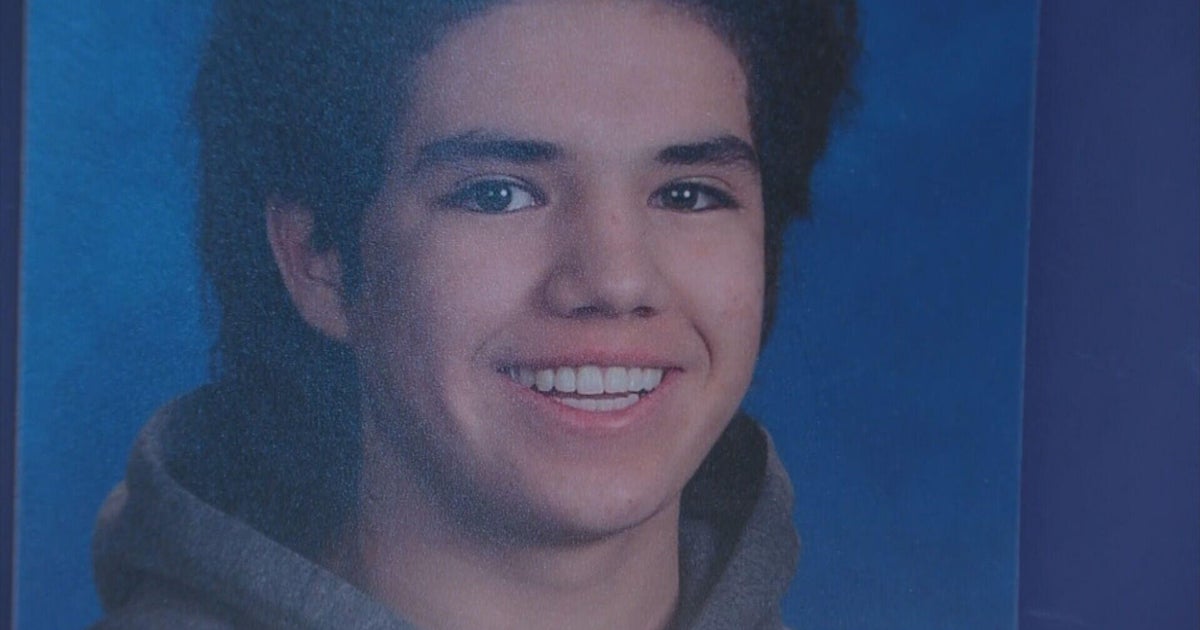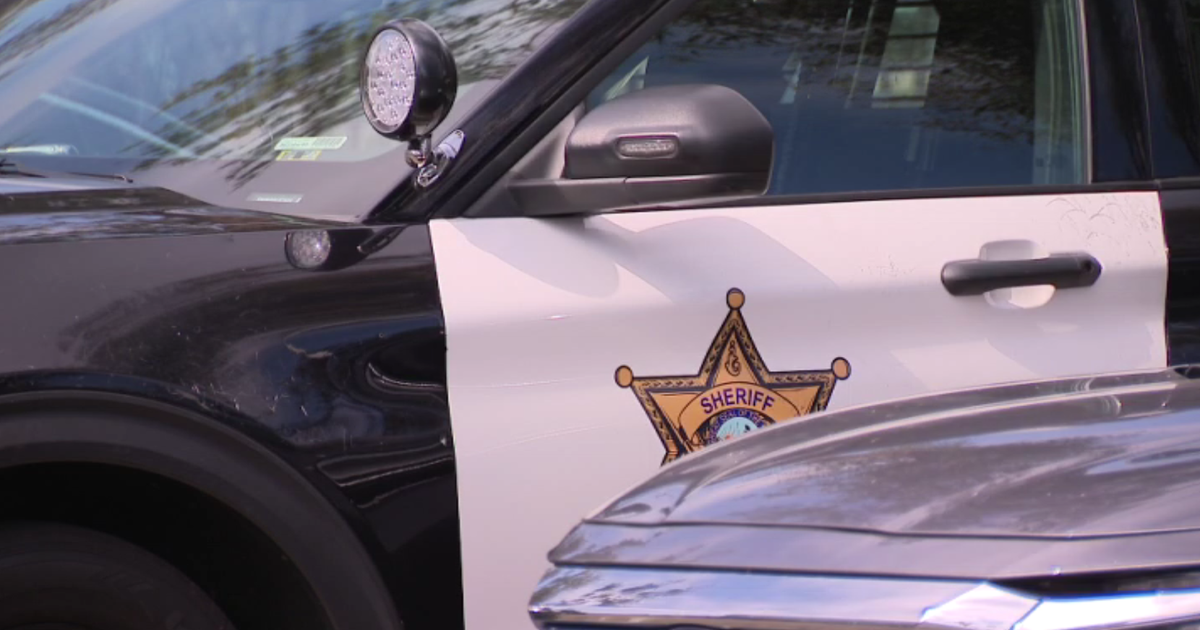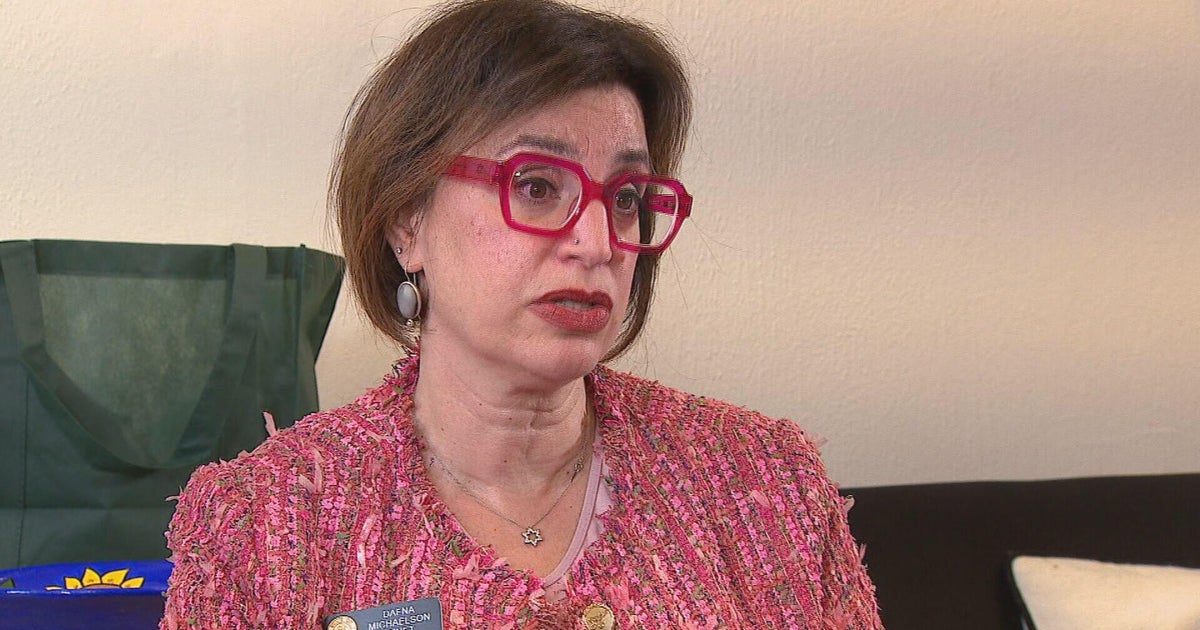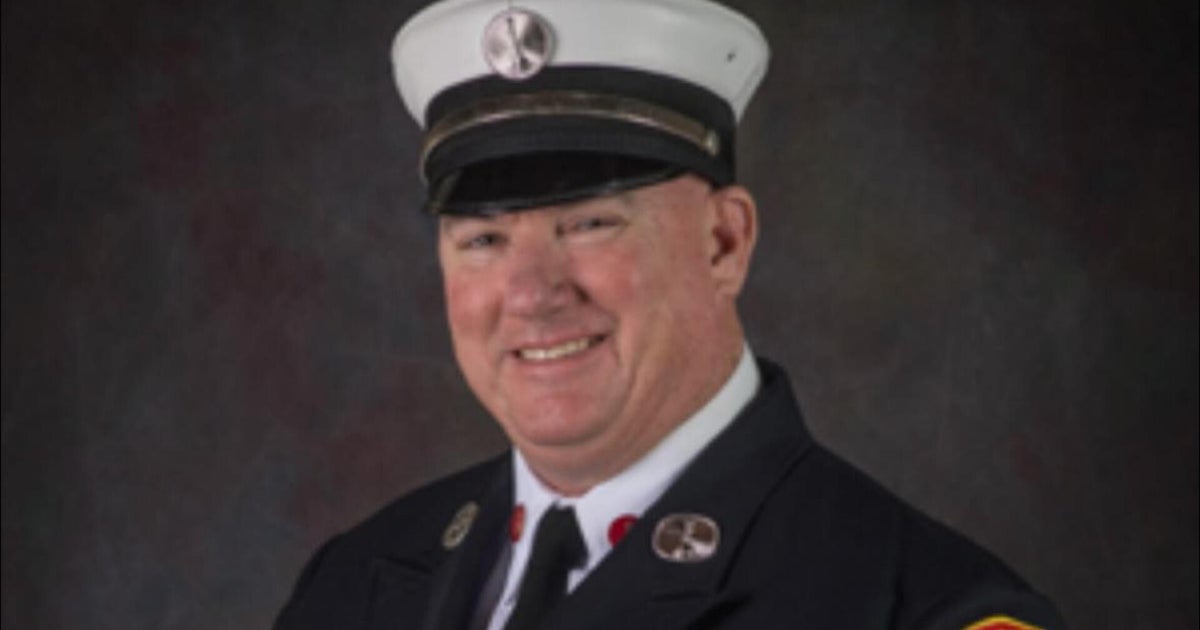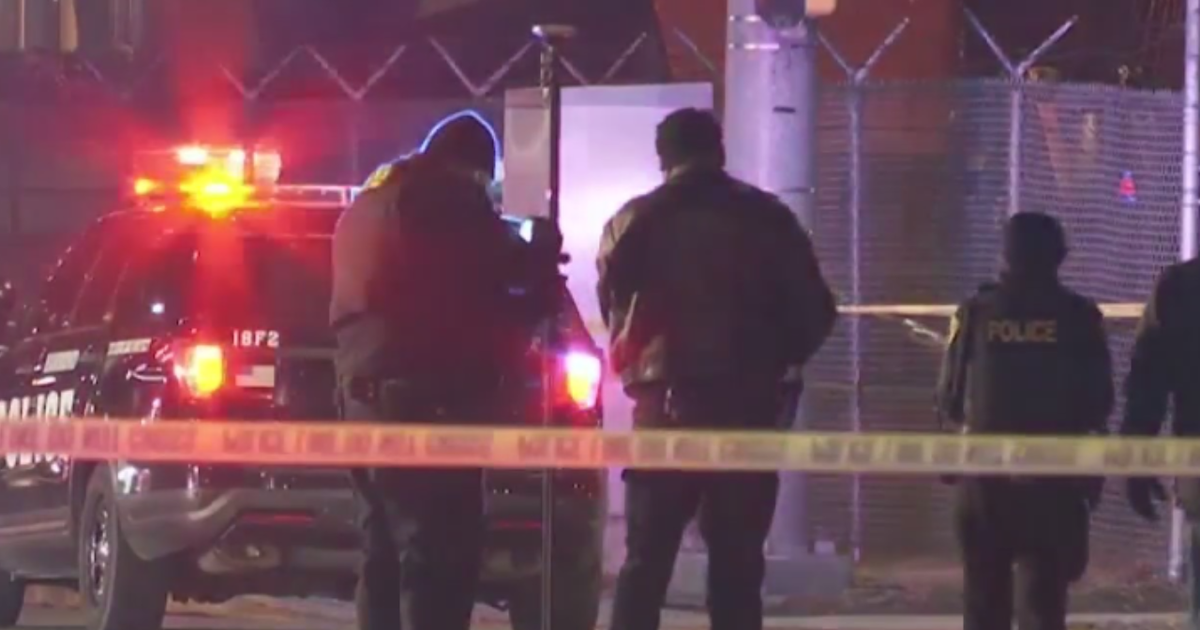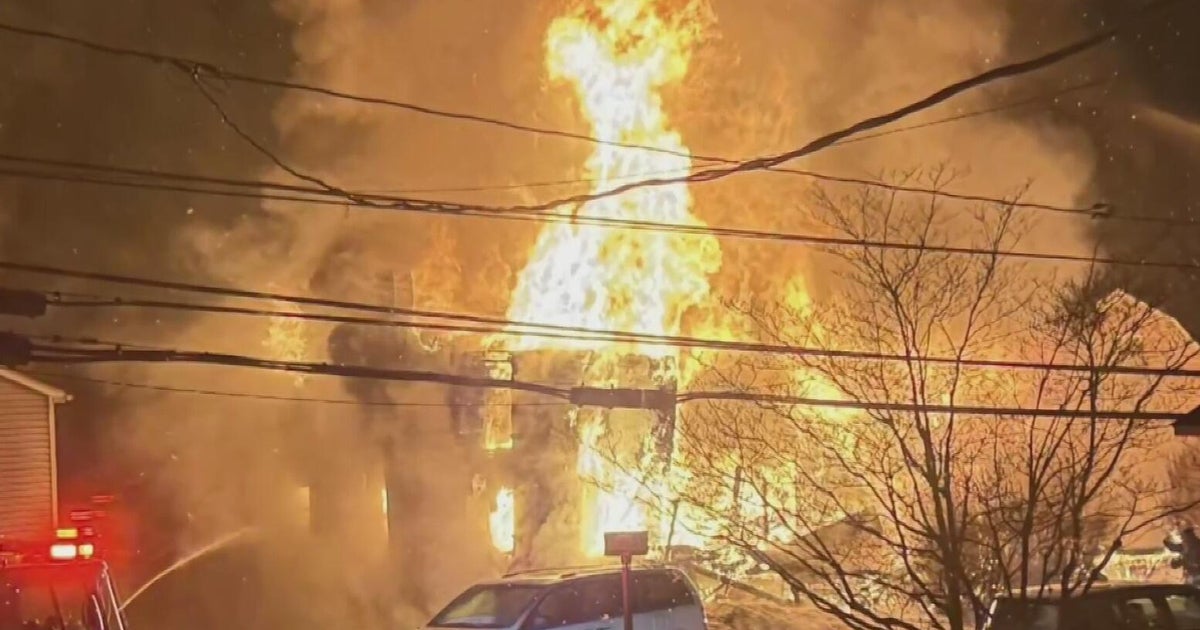Dr. Jack Kevorkian, 83, Dies
ROYAL OAK (WWJ/AP) - Assisted suicide advocate Dr. Jack Kevorkian passed away early Friday morning at William Beaumont Hospital in Royal Oak.
Long-time associate and friend Jeffrey Fieger said Kevorkian died of a pulmonary embolism around 2:30 am. He was 83-years-old.
"Last night, I got a call about 10:30 from one of the doctors, telling me that he had taken a turn for the worse," Kevorkian's attorney Mayer Morganroth said.
Kevorkian had been hospitalized for nearly two weeks with kidney and respiratory problems.
"He had a cancerous legion, but that they felt was operable. But everything seemed to be, shall we say solvable, except he got pulmonary thrombosis, a clot that came into the lungs, and that bottomed out very quickly," Morganroth said.
Kevorkian passed with his niece, Ava Janus, and Morganroth by his side.
"The nurses there were wonderful, the main nurse, Julie, actually stroking his forehead during all those hours and by the internet, playing Bach music that he always loved. And he died peacefully and painlessly," Morganroth said.
Morganroth said Kevorkian was conscious Thursday night and the two spoke about leaving the hospital and getting ready for rehabilitation.
"Until 10:30 last night, the look was not dim, and we were already making plans in the last couple of days, about book signing tours and different things, but things dramatically changed," Morganroth said.
Born in 1928, in the Detroit suburb of Pontiac, Kevorkian graduated from the University of Michigan's medical school in 1952 and became a pathologist.
Kevorkian said he first became interested in euthanasia during his internship year when he watched a middle-aged woman die of cancer. She was so emaciated, her sagging, discolored skin "covered her bones like a cheap, wrinkled frock," Kevorkian wrote.
After building a suicide device in 1989 from parts he found in flea markets, he sought his first assisted-suicide candidate by placing advertisements in local newspapers. Newspaper and TV interviews brought more attention.
On June 4, 1990, he drove his van to a secluded park north of Detroit. After Janet Adkins, 54, of Portland, Ore., met him there, he inserted a needle into her arm and, when she was ready, she flipped the switch that released a lethal flow of drugs.
He later switched from his device to canisters of carbon monoxide, again insisting patients took the final step by removing a clamp that released the flow of deadly gas to the face mask.
Kevorkian earned the nickname "Doctor Death" in the 1990′s when he admittedly assisted in the suicides of more than 130 terminally ill patients. He told CBS News, he never regretted his actions.
"This could never be crime, no matter what words are written on paper," Kevorkian said. "Just like it was never a crime to drink beer, even though words on paper said it was."
Listen to Chrystal Knight's interview with Steve Lee Jones, Executive Producer of "You Don't Know Jack," the Golden Globe award winning HBO original movie about Dr. Jack Kevorkian and the HBO documentary, "Kevorkian."
Podcast
In 1998 the Michigan legislature and then Governor John Engler passed a law banning assisted suicide in an effort to stop Kevorkian. In response, Kevorkian released his two page manifesto calling lawmakers unethical and corrupt.
"On this issue, they call it unethical to help end suffering and quickly, but it is ethical to let someone starve and thirst to death in a long period of time. Now that is a corruption of medical policy," Kevorkian said.
He was convicted in 1999 and spent more than eight years behind bars for the death of Lou Gehrig's disease patient Thomas Youk of Waterford, who said he wanted to die but lacked the ability to do it himself - a suicide that was seen around the world on "60 Minutes."
Fieger said at one point, the name Jack Kevorkian was the second or third most recognizable in the world.
"I don't think Jack ever really understood how big it was, because Jack always operated from the perspective from the patient that was in front of him," Fieger said. "When it became such a big national and international issue, it was difficult for Jack to deal with that, because he was a physician who was used to dealing with patients on an individual basis."
Kevorkian's life story became the subject of the 2010 HBO movie, "You Don't Know Jack," which earned actor Al Pacino Emmy and Golden Globe awards for his portrayal of Kevorkian.
Pacino said during the speech that it was a pleasure to "try to portray someone as brilliant and interesting and unique" as Kevorkian and a "pleasure to know him."
Ruth Holmes knew Kevorkian for 16 years. She was his jury consultant and close friend. He also lived with her.
"This is a man who will go down as a great American hero. I think it's too close in time for what he actually stood for, but he was so much more than the man you saw on television. He had a just marvelous personality," Holmes said.
Fieger echoed Holmes by calling Kevorkian a hero.
"He did so much to move that issue, the right of people not to suffer, and he suffered terribly as a result of his courageous stance," Fieger said. "History will remember him much more kindly than those that put him in prison."
Holmes said she does not think Kevorkian was afraid of dying.
"I think he wanted everyone to be prepared for their own death. I don't believe that he was afraid of death, but I believe that he was a man who wanted everyone to have the knowledge of how to ease the transition from life to death at their call," Holmes said.
Morganroth and Kevorkian's niece are currently discussing funeral plans. They are thinking about a private burial and shielding the memorial away from the public.
The Associated Press contributed to this report.
